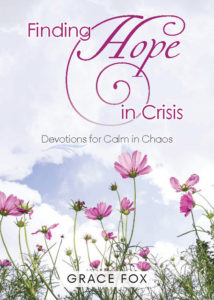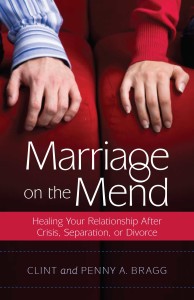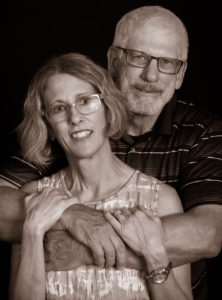LAST WEEK WE TALKED ABOUT what hope looks like and how, even in the midst of troubled times when a happy ending seems unlikely, a heart of expectation can help us look beyond the temporal circumstances of here and now and capture a vision for the future.
But how do we do that? When things look hopeless and we see no happy ending for ourselves, how do we simply ignore the pain of the present to embrace the hope of the future?
How can we look into the face of adversity and have a heart of expectation?
A heart of expectation is birthed by immersing ourselves in the heart of God so our desires are transformed from temporary to eternal, to love what He loves, to cherish what He cherishes. God loves us and wants the best for us, but what we interpret to be the best may only be second best or third best . . . or not best at all. While we focus on what we think will make us “happy,” God may be focusing on what will bring us a lasting joy and fulfillment for all eternity. While we’re reaching out for one small peek through the bakery window, He may want to reward us with a trip inside to enjoy all the goodies we want for a lifetime.
Do we believe this? Do we believe that what God wants for us is truly better than what we want for us. Scripture tells us this is true. 1 Corinthians 2:9 says, “No eye has seen, no ear has heard, and no mind has imagined what God has prepared for those who love him.” (NLT) But do we believe this?
The apostle Paul’s heart desire was to preach the gospel throughout the known world, but his hope was cut short when he was imprisoned in Rome and could only communicate with the churches through his letters. Did he have any idea his letters would ultimately be translated into every known language and become basic reading for centuries of believers?
What Paul did know is that “in all things God works for the good of those who love him, who have been called according to his purpose” (Romans 8:28). Paul was able to lay his circumstances at the feet of His Lord, do what He could by writing letters, and let God work out all the details. He had no idea what lay ahead in future generations. What seemed limited in scope at the time—a few letters written to encourage the churches—flourished into a foundational part of the New Testament—something beyond his wildest comprehension and imagination.
We too have treasures in store for us waiting to be revealed at a later time when we give our situations to God as an offering of love and faith. If we can lift our eyes above our circumstances and seek the Lord, He can give us a heart of expectation. We don’t know what will happen in the future—not just tomorrow, not just next year or ten years from now. But if we lay everything at His feet, He can do incredible things with what we give Him.
We may not ever see it in this life—like the heroes of faith in Chapter 11 of Hebrews, people of faith who never saw revealed what they hoped for, but people who will live forever as heroic figures in God’s heavenly realms. We don’t know how the small seeds we plant by surrendering our situation to God might sprout into something that continues to multiply—even over centuries—to become part of God’s eternal plan in the lives of others. But with a heart of expectation, we will one day see all that he has purposed for us.
Lift your worries up to God and watch them diffuse in the light of His glory as He rains down on you visions of His eternal purposes. With a heart of expectation, your hope can translate into faith that God has a purpose for your pain to use for His glory in some incredible way that not only makes the pain worthwhile, but becomes something to celebrate in its contribution to the unfolding of God’s eternal plan.
Heaven’s angels may sing Hallelujah as they watch you surrender your pain, knowing God has a beautiful plan you can’t even imagine or comprehend.
And maybe that’s true hope, the kind of hope that not only melts away all fear, but will put joy in our hearts and a song on our lips each day of our lives throughout eternity.
If you’re going through serious marital struggles and need encouragement to find hope, let me walk beside you through the pages of my book, Broken Heart on Hold. Together we will seek the Light and find strength for the journey.

















